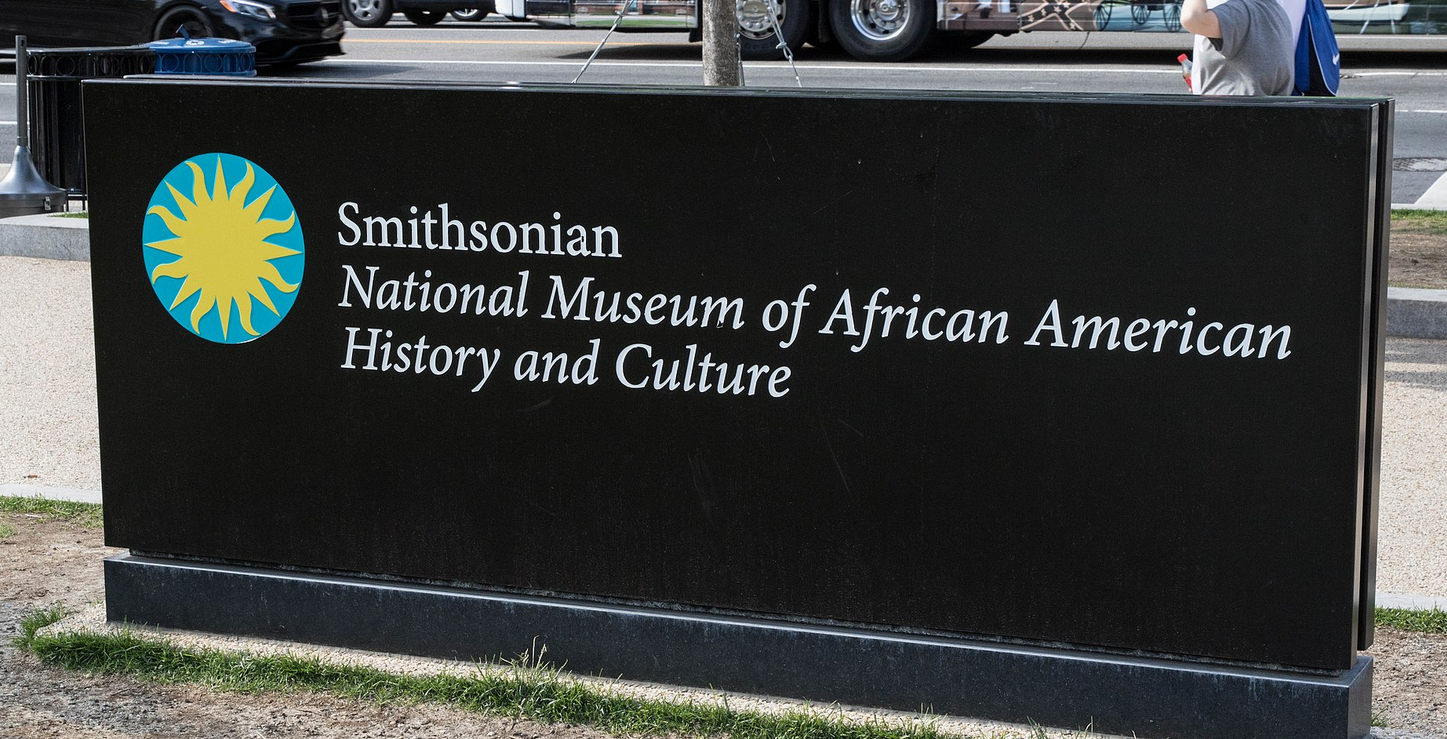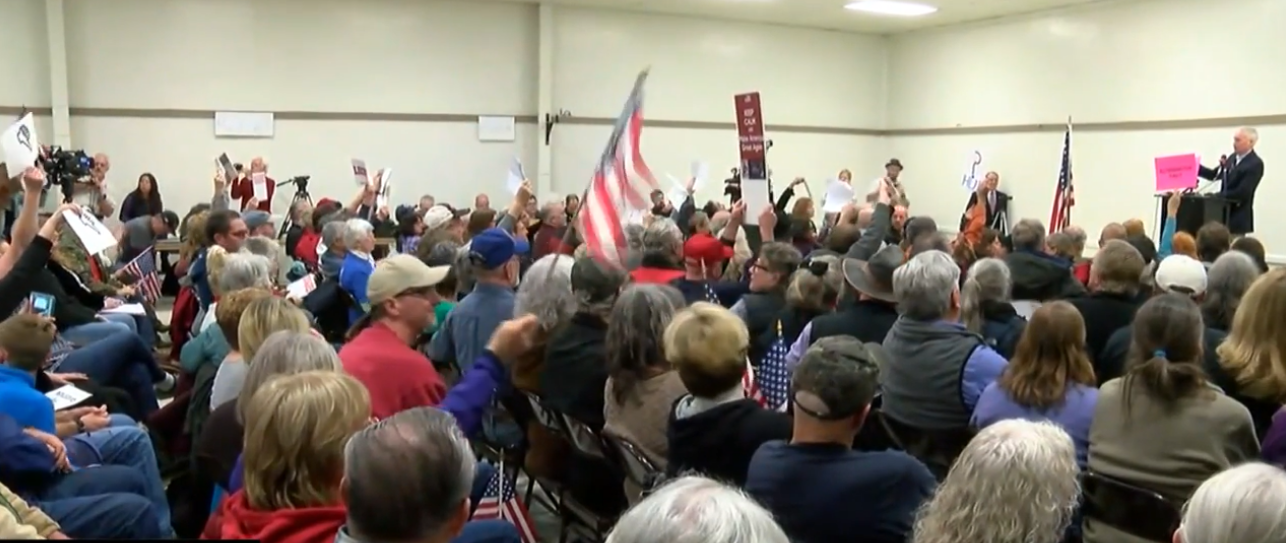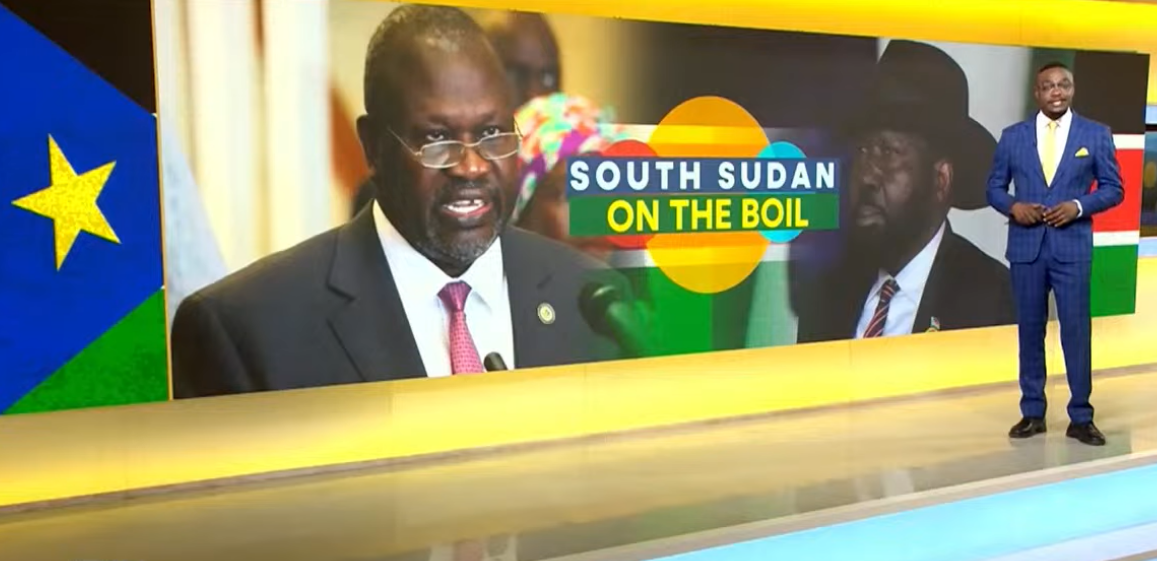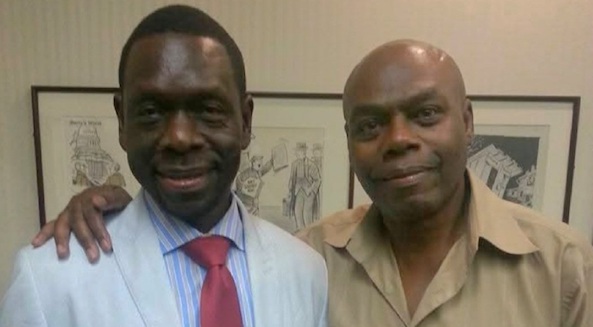Sen. Schumer with image of War Hero Sgt. Johnson
U.S. Senator Charles E. Schumer announced that U.S. Secretary of Defense Chuck Hagel has recommended that late World War I hero Sgt. Henry Johnson receive a Medal of Honor.
After Hagel, the final signature needed to approve the Medal of Honor request is that of the President. Now, in order for the President to consider the application Schumer submitted on Johnson’s behalf, the Senate must pass legislation specifically allowing Sgt. Johnson’s case to be considered, since current law only allows Medals of Honor to be awarded within five years of the date of the heroic act justifying the award.
Schumer announced today that he will soon be introducing legislation specifically exempting Johnson’s case from this limitation, something that has been done before, and he vowed to fight to pass this legislation as quickly as possible.
Schumer has led the fight to get Sgt. Henry Johnson the recognition he deserves for his bravery and heroism during WWI. Schumer submitted a nearly-1,300 page request to the military in support of Johnson’s receiving the Medal of Honor and launched an online petition to build public support. Schumer held a personal call with U.S. Army Secretary John McHugh, met with Under Secretary of Defense for Personnel and Readiness Jessica Wright – who oversees decisions regarding Medals of Honor – and wrote a letter to Secretary Hagel, all in an effort to secure the Medal of Honor for Sgt. Johnson.
“Today’s recommendation by the Secretary of Defense brings us one step closer to the ultimate goal – recognizing Henry Johnson, who displayed the most profound battlefield bravery, with the Medal of Honor he deserves but was denied because of segregation. Johnson is an American hero and I am pleased the Department of Defense has looked at all of the evidence and correctly agreed that he is truly deserving of this recognition,” said Schumer. “But the work to right this terrible wrong is not yet done. I will soon be introducing legislation that we must pass in order for the President to consider the request, which will enable Johnson to be exempted from the current Medal of Honor rules that prevent anyone from receiving the Medal of Honor whose heroic act took place more than five years ago. Johnson should have received this recognition 95 years ago, and providing an exemption for him now is the right thing to do. I will work with my colleagues to get this measure passed as soon as possible, and I will not stop pushing until the President has signed off and Johnson gets the recognition he deserves.”
Schumer has consistently expressed his support for Sgt. Johnson to receive the Medal of Honor. In March 2011, Schumer and his staff revealed that they had uncovered game-changing evidence to support the posthumous award of the military’s highest honor to Sgt. Johnson. In May 2011, Schumer submitted a nearly-1300 page request for reconsideration, which included a wealth of never-considered evidence containing the incontestable proof showing that Johnson deserves this award. And last October, Schumer launched an online petition in support of Henry Johnson’s heroics during World War I, while Schumer uncovered additional evidence in support of Johnson’s candidacy for the Medal.
In October 2012 in Albany, Schumer was joined by local veterans and elected officials in his unveiling of this national online petition and in providing an official list of more additional evidence than has previously been made public, all of which has been discovered by Schumer and his office in the past two years. Despite these discoveries, however, the case remains pending. In 2012, Schumer also appeared in an episode of PBS’ History Detectives that featured a painting depicting the Battle of Henry Johnson. This painting is contained in Schumer’s new recommendation, and he stated that this serves as even further proof of Johnson’s worthiness for the Medal of Honor.
In March 2013, ahead of the 95th anniversary of the Battle of Henry Johnson, Schumer publicly called on Secretary McHugh to approve his request to honor Johnson with a Medal of Honor. Schumer also made multiple phone calls to McHugh on this subject over the course of 2013 and 2014.
While on duty around 12:00am on May 15, 1918, then-Private Johnson, a volunteer with the New York National Guard serving under French command due to segregation, came under attack by a well-trained and well-armed German raider party of about two dozen. Despite his severe injuries, including sustaining an estimated 21 gunshot wounds, Johnson continued fighting bravely, with total disregard for his own safety. He fought off the Germans and rescued one of his fellow soldiers with just a rifle (which jammed), a bolo knife and his bare hands. Sgt. Johnson, an Albany resident and African-American soldier serving in a segregated Army, received the Croix de Guerre with Gold Palm, one of the French military’s highest honors, for his bravery in battle during World War I.
“We should never forget that Henry Johnson put his life on the line for America when our nation did not treat him with the equality and dignity that comes with full citizenship rights. Segregation was the reason he did not receive our nation’s highest military honor, the Medal of Honor, and that injustice needs to be rectified with all due speed,” Schumer said.
Years later, in concert with Sgt. Johnson’s activists, including the late John Howe, a Vietnam veteran, Schumer helped secure the second-highest American military honor for Johnson, the Distinguished Service Cross, in 2003. On May 15, 2011, Schumer submitted a nearly 1300-page recommendation urging the Army to reconsider the case for the Medal of Honor in light of compelling and newly discovered evidence. Schumer’s package contains a plethora of new documents, including the ultimate chain-of-command endorsement from WWI Commander of the war in Europe General John Pershing; an eyewitness account of Johnson’s brave actions during the battle from the man Johnson saved, Pvt. Neadom Roberts; and a letter detailing and praising Johnson from his Regiment commander, Colonel William Hayward. However, despite these supporting documents, submitted more than a year ago, the case has yet to be decided.
There are several specific forms of evidence required in order to present a Medal of Honor to a member of the U.S. military. One requirement is a chain-of-command endorsement, which is met by the statement from General John Pershing; it was written as a memo on May 20, 1918, from Pershing to officials in Washington, D.C. The memo provides a variety of updates of the warfront in France, and immediately highlights details related to what many historians now refer to as the “Battle of Henry Johnson.”







